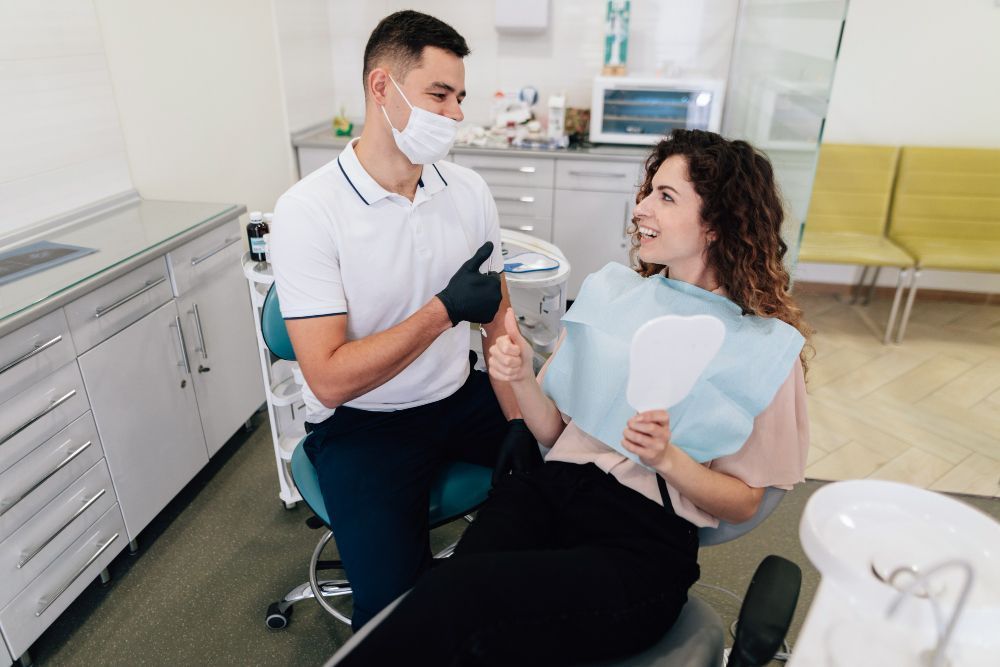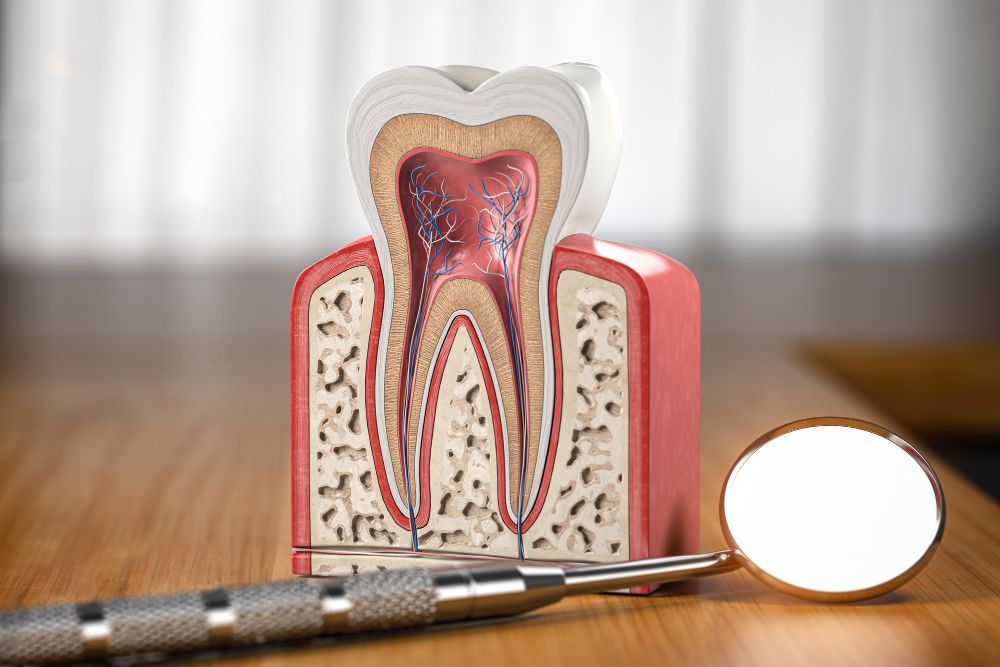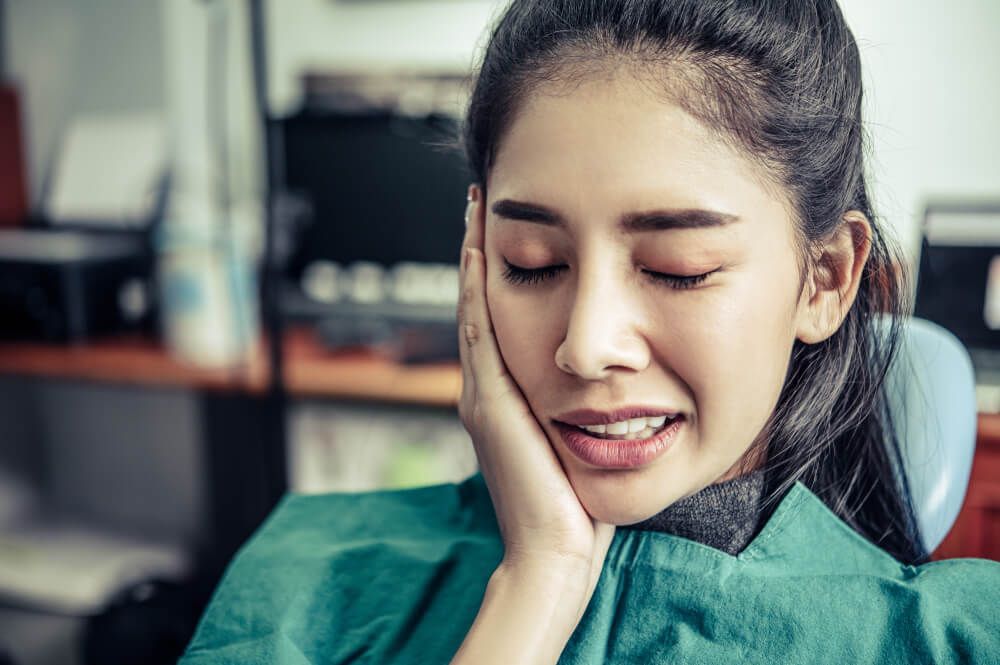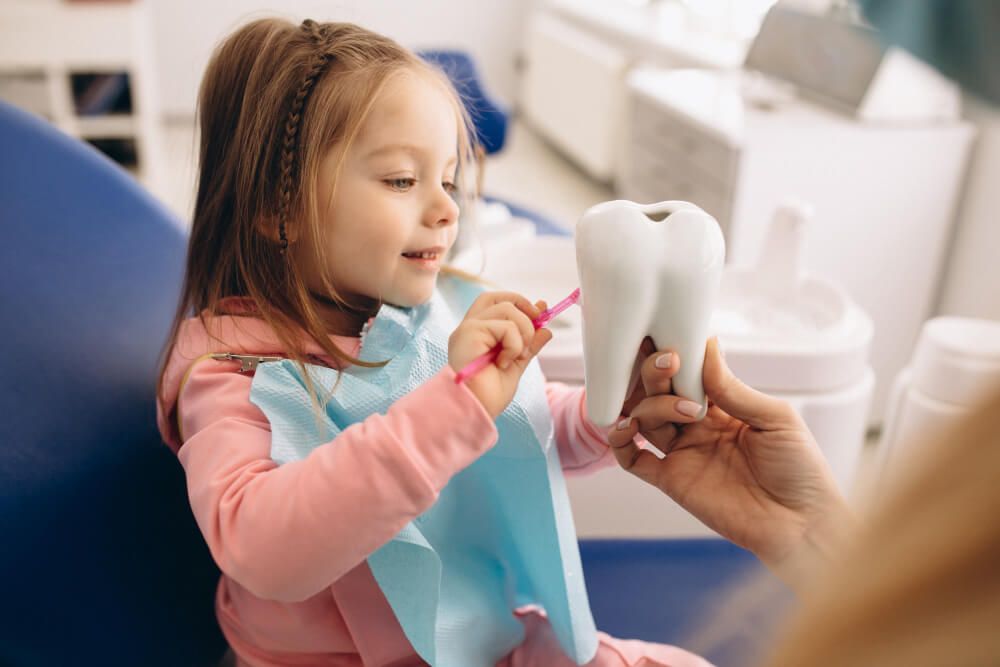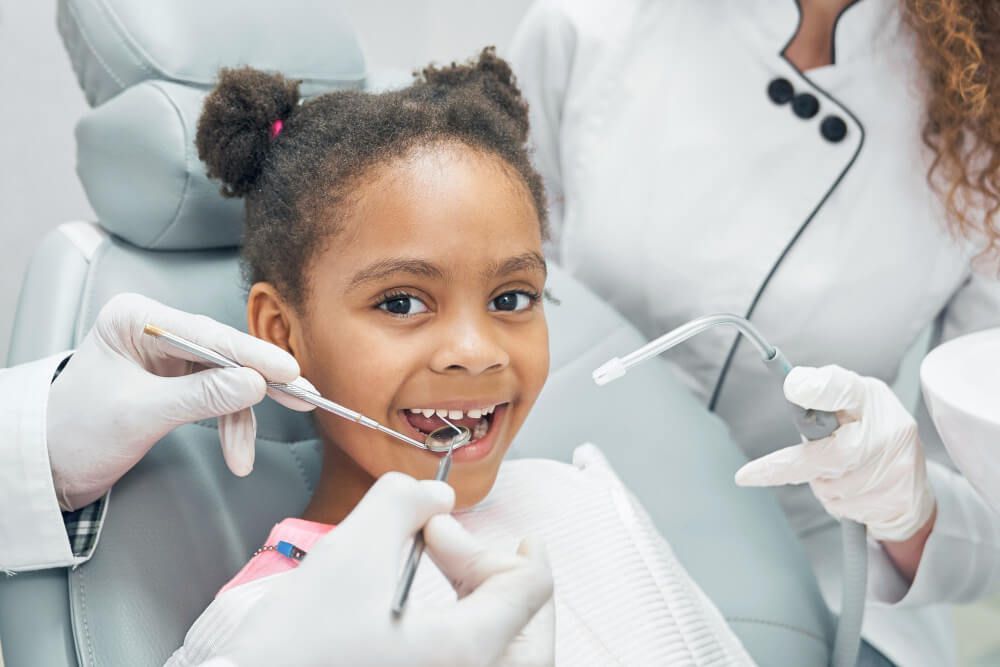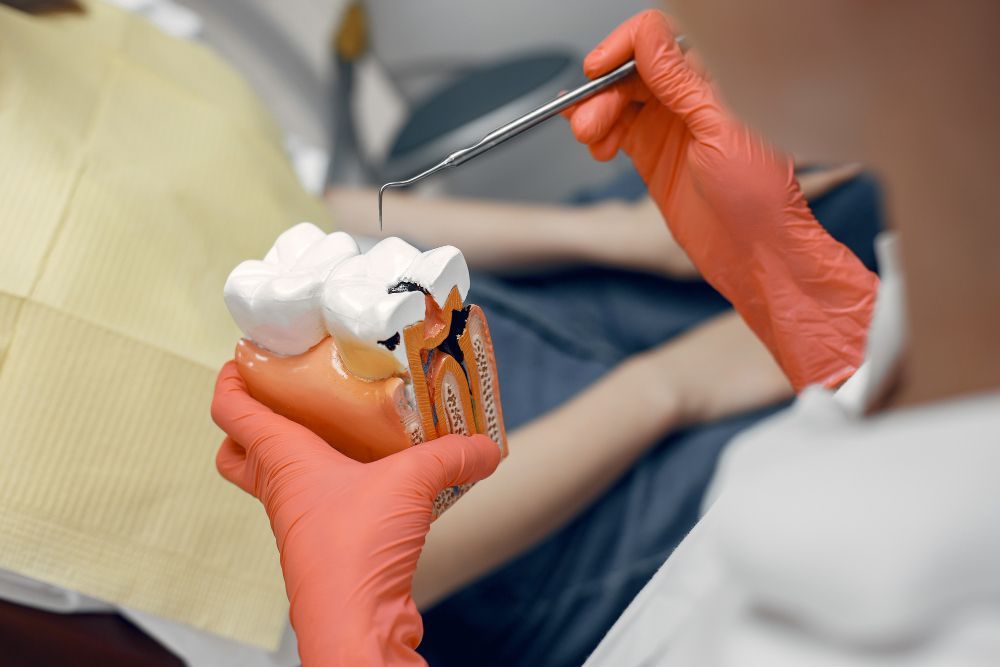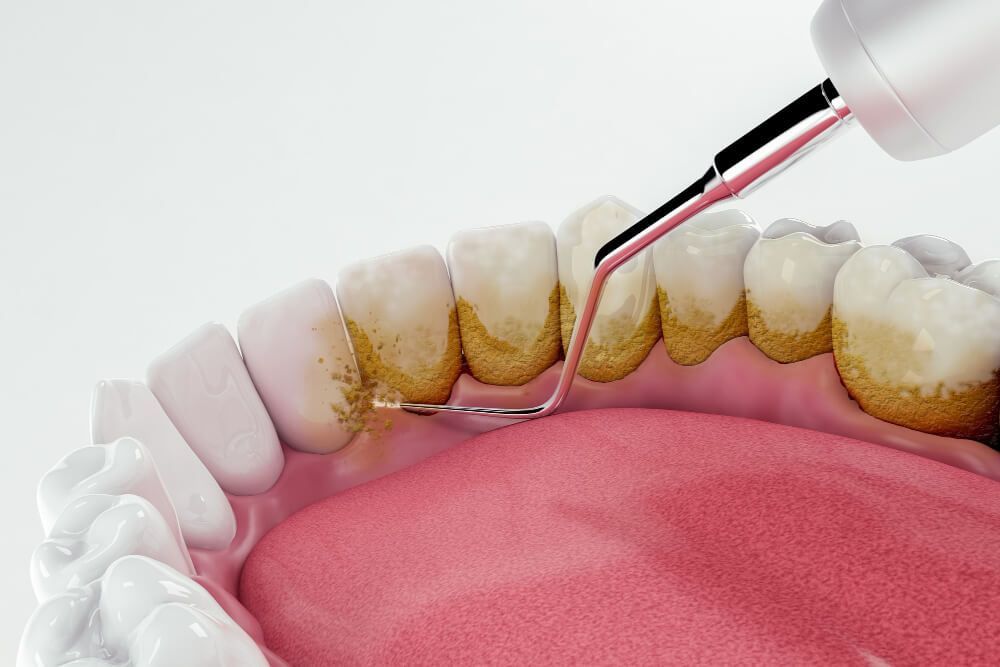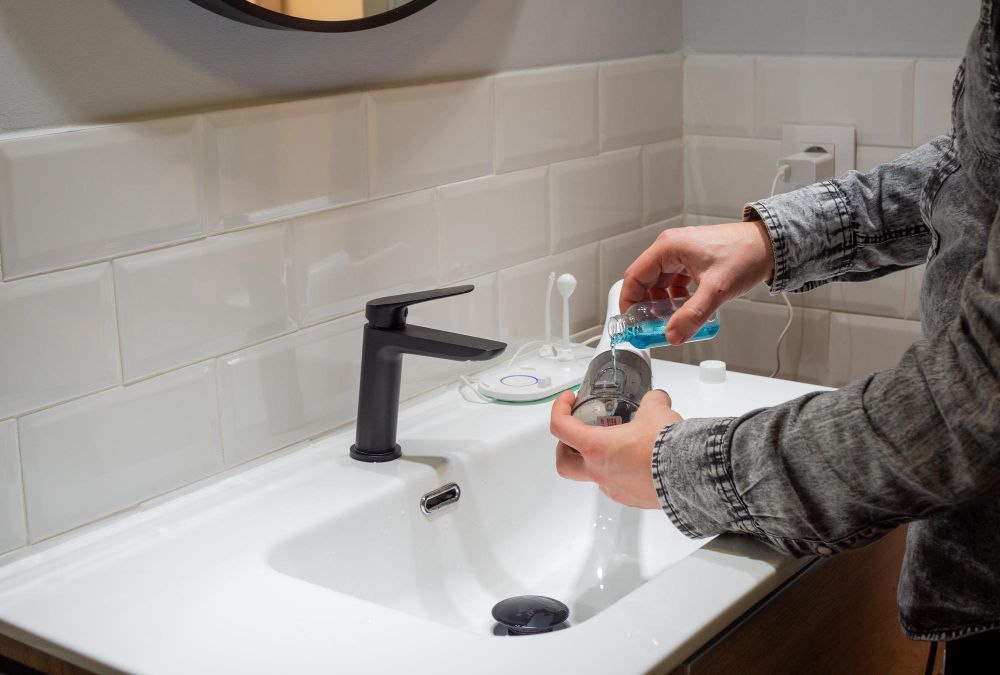Toothbrush for Braces: Finding the Best Option
Toothbrush for Braces: Finding the Best Option

If you have braces, you understand the importance of maintaining proper oral hygiene. A suitable toothbrush can make all the difference in keeping your braces clean and your teeth healthy. With so many options available in the market, it can be overwhelming to choose the best toothbrush for braces. In this comprehensive guide, we'll explore different types of toothbrushes suitable for braces and help you make an informed decision on which one is the best for your needs.
1. The Importance of Choosing the Right Toothbrush
Before we delve into the specifics of toothbrushes for braces, let's emphasize the importance of making the right choice. Braces create tiny nooks and crannies where food particles and plaque can easily accumulate. Without proper brushing, these areas become breeding grounds for bacteria, leading to tooth decay, gum problems, and bad breath. Therefore, selecting the right toothbrush can significantly impact your oral health during your orthodontic journey.
2. Manual Toothbrushes vs. Electric Toothbrushes
The first decision to make is whether to go with a manual toothbrush or an electric one. Both have their advantages, and the best choice depends on personal preferences and needs.
Manual Toothbrushes
Pros:
- Cost-effective and widely available.
- Come in various shapes, sizes, and bristle patterns.
- Good control over brushing pressure.
Cons:
- Requires more effort and technique to clean effectively.
- May not reach all the nooks and crannies around braces as effectively as electric toothbrushes.
Electric Toothbrushes
Pros:
- Provides consistent and automatic brushing motions.
- Effortless to use, making them ideal for people with limited dexterity.
- Some models have special features for braces, like sensitive mode and orthodontic brush heads.
Cons:
- Generally more expensive upfront.
- Needs charging or battery replacement.
3. Soft Bristles are Essential
No matter which type of toothbrush you choose, opt for one with soft bristles. Braces can cause sensitivity in the gums and teeth, and using a toothbrush with hard bristles might exacerbate the issue. Soft bristles are gentle on the braces and gums while still effectively removing plaque and food particles.
4. Compact Brush Heads for Precision
When shopping for a toothbrush for braces, look for one with a compact brush head. A smaller brush head allows for better maneuverability around the braces and can reach tight spaces with ease. It ensures a more thorough cleaning, reducing the risk of developing dental problems during orthodontic treatment.
Orthodontic Toothbrushes: Are They Worth It?
Some toothbrushes in the market are specifically marketed as "orthodontic toothbrushes" designed to clean around braces. While they might be beneficial, it's essential to look beyond the label.
Considerations:
- Check for soft bristles and compact brush heads.
- Read reviews to ensure the product delivers on its promises.
Remember that an ordinary toothbrush meeting the criteria mentioned above can be just as effective without the higher price tag of a branded "orthodontic" one.
6. The Benefits of Interdental Brushes
In addition to your regular toothbrush, consider using interdental brushes. These tiny brushes are perfect for cleaning the spaces between the wires and brackets, where regular brushes might not reach. They can effectively remove debris and plaque, contributing to better oral hygiene during orthodontic treatment.
7. Flossing with Braces: The Right Way
Flossing becomes even more crucial when you have braces. Traditional flossing might be challenging due to the wires, but there are alternatives available, such as floss threaders or orthodontic flossers. These tools help thread floss under the wires, allowing you to clean between your teeth effectively.
Don't Forget Regular Dental Check-ups
While choosing the right toothbrush is vital, regular dental check-ups are equally important. Your dentist will monitor your oral health, perform professional cleanings, and make any necessary adjustments to your braces. Keeping up with your dental appointments ensures the best possible outcome for your orthodontic treatment.
Conclusion
In conclusion, finding the best toothbrush for braces requires considering factors like bristle softness, brush head size, and whether to opt for manual or electric. Remember that while certain products are marketed as "orthodontic," what truly matters is the brush's suitability for braces care. Additionally, supplementing your brushing routine with interdental brushes and flossing aids will contribute to a thorough cleaning experience. Pairing your proper oral hygiene routine with regular dental check-ups will set you on the path to a healthy and radiant smile even after your braces come off.
